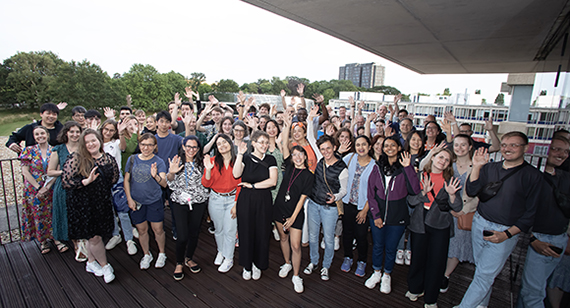Testimonial – Peter Chai
Participating in the Quantitative Text Analysis course of the Essex Summer School in Social
Science Data Analysis was truly a memorable and eye-opening experience for me as an
undergraduate student. It not only provided me an invaluable opportunity to acquire knowledge
in processing and visualizing data with some up-to-date models and packages in supervised and
unsupervised machine learning such as Naive Bayes, random forest, and wordfish, but also
offered me an interactive platform to exchange ideas with postgraduate and Ph.D. senpais who
were conducting research around various topics in social science.
Reflecting on Tokyo’s humid summer in 2019, I believe that this one-week course opened a door
for my passion to continuously sharpen my hands-on software skills in the R programming language
and gave me a comprehensive understanding of how computer science has indeed been
revolutionizing the recent political science landscape. I would like to express my deep gratitude
to the instructor, Dr. Nicole Baerg, for vividly explaining each concept in machine learning that
seemed complicated at first glance and for patiently diagnosing our codes when something went
south.
Now that I am going to advance to graduate school, I plan to apply the state-of-the-art statistical
methods I learned from this course to my own research surrounding political values and public
opinions in East Asian societies through utilizing and interpreting panel data obtained from
cross-regional survey projects. I also would like to register for other courses in the Essex
Summer School in the near future to keep myself updated with helpful classification and scaling
techniques during the progress of my master’s thesis.
Peter (Siyuan) Chai
4th Year Undergraduate Student and Research Assistant
School of Political Science and Economics
Waseda University



